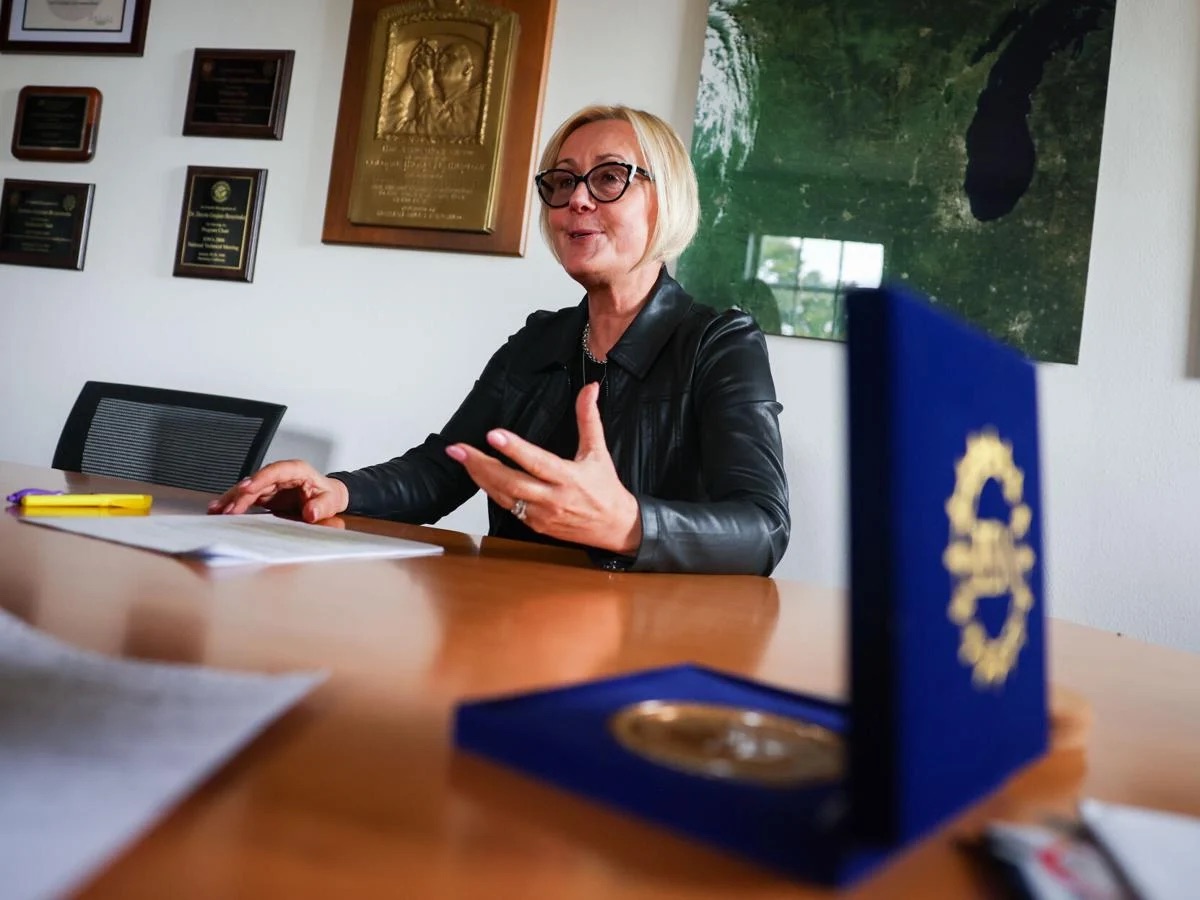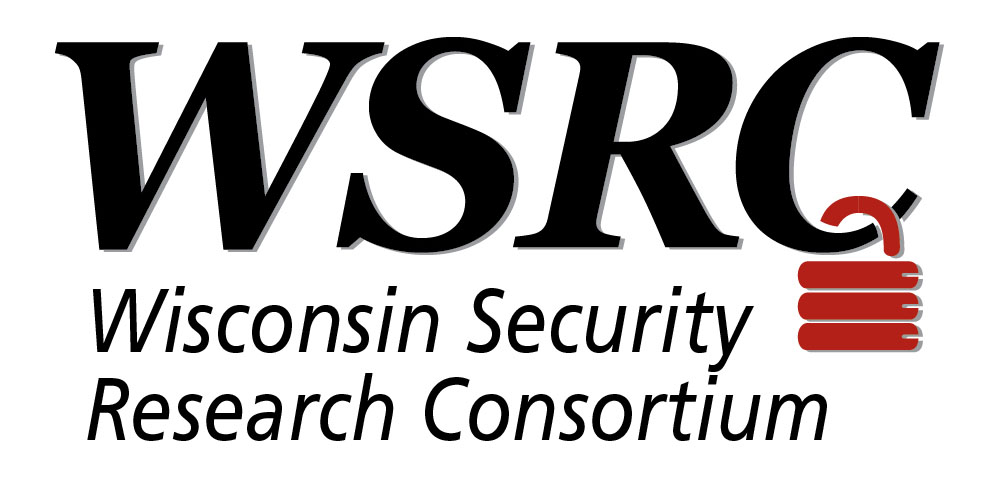
10 Nov UW-Madison wants to conduct more research with the Department of Defense
By Sabine Martin
Wisconsin State Journal
As the pot of federal funding for research at universities and colleges continues to shrink, UW-Madison’s campus leaders are positioning the university to grow its work with the Department of Defense.
That doesn’t mean UW-Madison researchers will be at the forefront of developing new bombs, said Vice Chancellor for Research Dorota Grejner-Brzezińska.
“Looking at the capabilities that this university has versus DOD needs is just to me a complete no-brainer how we really should be more competitive and start working with them,” she said.
Grejner-Brzezińska says UW-Madison would be part of “dual-use” defense research — some of which is already happening on campus.
A team from UW-Madison’s College of Engineering leads a project for the Department of Defense studying the prevention and detection of traumatic brain injuries. Other research, with a $11 million defense grant, studies a lung disease that’s a leading cause of death.
“We need more presence,” Grejner-Brzezińska said. “When we are not at the table, we are on the menu.”
UW-Madison’s shift for more Department of Defense funding comes amid uncertainty and federal cuts to research at universities and colleges across the country.
While federal research agencies, like the National Science Foundation, have terminated millions in research grants under the Trump administration, defense funding has survived widely unscathed.
Nearly half of UW-Madison’s $1.7 billion in research spending comes from federal awards from agencies such as the National Institutes of Health and the National Science Foundation.
UW-Madison in 2023-24 had the largest defense research funding haul in over a decade at $67.4 million.
But Grejner-Brzezińska, who just marked at year at UW-Madison, thinks it should be larger.
“I don’t want to create an impression that next year we’re going to present $100 million in DOD funding,” Grejner-Brzezińska said. “It’s going to be two, three years at least as we build relationships and as our faculty learn how to speak DOD.”
Grejner-Brzezińska during her more than two-decade scientific career was fully sponsored with defense funding, she said.
“I was able to afford 12 Ph.D. students at the time, two research scientists and a couple of post docs because once you establish a relationship and start delivering, DOD will come back and ask you again to solve the problem,” she said.
Strategic hires
Working with the Department of Defense to secure more research involvement for UW-Madison is “extremely relationship based,” Grejner-Brzezińska said.
A delegation from U.S. Cyber Command visited UW-Madison to tour labs and meet researchers on campus studying cybersecurity areas like quantum computing and cryptography.
Those connections with the U.S. Cyber Command brought a group of UW-Madison researchers to attend a White House briefing on quantum defense research, Grejner-Brzezińska said.
“The next meeting that is going to happen will have to be at the classified level,” Grejner-Brzezińska said.
UW-Madison also made two recent hires to help lead the defense effort.
The university in August named Dave Schroeder to be UW-Madison’s first director of national security initiatives to build federal relationships and identify national security research opportunities.
Elizabeth Hill in August also joined UW-Madison as its director of federal relations for research. Based on D.C., Hill represents the university in conversations with federal lawmakers and agencies.
Grejner-Brzezińska said she and Schroeder have obtained the highest level of security clearance to have conversations about classified information.
UW-Madison has also hired D.C. lobbying firm Lewis-Burke Associates to teach faculty about pitching research and getting connected with Department of Defense officials.
“We need to, as I always say, give faculty new tools in their toolboxes because it’s a different type of an agency to develop relationships,” Grejner-Brzezińska said.




